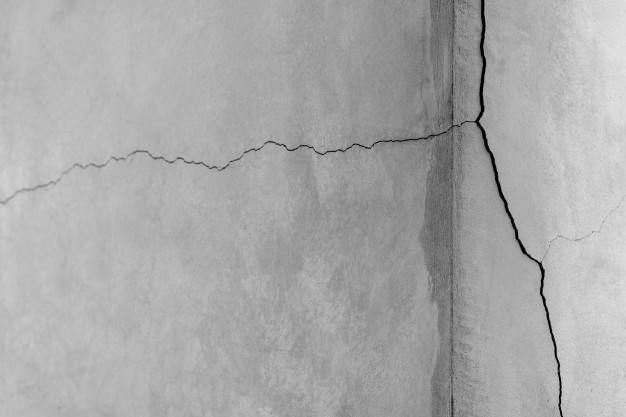A weakened or compromised foundation is one of the worst structural problems you can face as a homeowner. A crucial part of any building structure, the foundations maintain the structural integrity of a building by transferring live and dead loads into the ground.

Moisture and water-induced damage is, by far, the most prevalent cause of foundation problems. The wet soil beneath a foundation may shift due to swelling or loss of strength, which can have disastrous consequences. Moreover, dampness also promotes mold growth, which creates a health hazard.
Unfortunately, conventional concrete isn’t waterproof. While it may be able to keep out liquid water if it’s not cracked, it won’t be able to stop water vapor from penetrating it. This is where foundation waterproofing comes in. It prevents water from moving through the concrete and ensures that it drains away from the foundation.
Basement Waterproofing
Although leaky basements are quite a prevalent problem, taking precautionary steps to prevent your below-ground interior spaces from flooding can be the best solution, especially now that you know that water is the most common culprit behind structural issues. Waterproofing your basement is a smart investment as it prevents water damage that often leads to costly repairs.
However, before you hire a masonry contractor, you should have some basic knowledge about what waterproofing involves. Besides knowing what to expect, this knowledge may help you in selecting the right contractor. Here are two of the processes used to make below-ground spaces impermeable.
Interior Waterproofing and Sealants
The common entry points for water are cracks that form in the foundations. Fortunately, professional masonry contractors have the equipment and the skills to effectively seal such cracks. One method they use to seal off potential moisture entry points is injecting a special sealant into the openings and cracks from the inside of below-grade spaces and ensuring that it penetrates the opening all the way to the outside. These special sealants have the ability to prevent leaks even when they’re exposed to high levels of humidity.
Installing a Drainage System
Installing a proper sub-grade drainage system provides better control over water, even in instances where water has already permeated the foundation. One of the simplest and most effective ways to enhance drainage is utilizing a sump pump to collect and drain water from below-grade spaces.
AMN Masonry is a leading commercial restoration contractor in Boston. We’re known for providing quality and affordable services to home and business owners in the area. Call (774) 244-8248 for more details, or email at adriano@amnmasonry.com.
